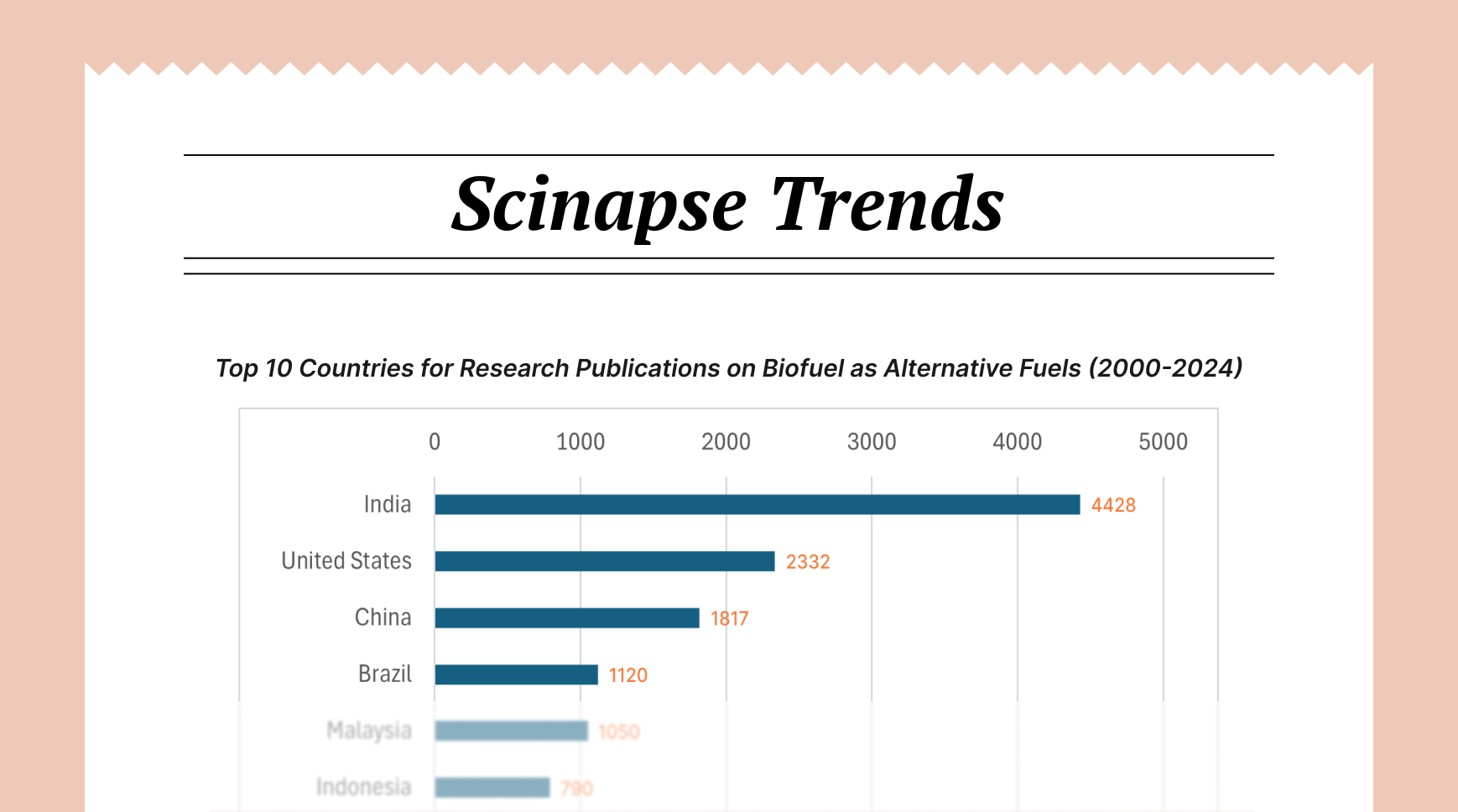Developing Effective Search Strategies for Literature Reviews

The quality of a literature review fundamentally depends on the comprehensiveness and relevance of the sources it examines. A well-executed search strategy serves as the foundation for identifying appropriate literature, ensuring that researchers capture the full spectrum of relevant work while filtering out extraneous material. This article explores the essential elements of developing effective search strategies for literature reviews, from preliminary planning to advanced techniques that can enhance both the efficiency and thoroughness of the search process.

Planning Your Search Strategy for Literature Reviews
1- Defining the Research Question
The cornerstone of any effective search strategy is a clearly defined research question. Using frameworks like PICO (Population, Intervention, Comparison, Outcome) or PEO (Population, Exposure, Outcome) can help researchers articulate precise questions that guide their literature searches. For example, rather than broadly searching for "effects of exercise on depression," a PICO-framed question might specify "the effects of aerobic exercise (I) compared to cognitive behavioral therapy (C) on depressive symptoms (O) in adolescents (P)."
This specificity not only clarifies the conceptual boundaries of the review but also generates the key terms that will form the basis of the search strategy.
2- Identifying Key Concepts and Terms
Once the research question is established, researchers should deconstruct it into its conceptual components. For each component, compile a comprehensive list of relevant terms, including:
- Subject-specific terminology
- Synonyms and variant spellings
- Acronyms and abbreviations
- Related concepts that might capture relevant literature
This process of concept mapping helps ensure that searches capture the various ways in which relevant concepts might be described in the literature. For interdisciplinary topics, this step is particularly crucial, as terminology can vary significantly across different fields.
3- Understanding Database Mechanics
Different academic databases have distinct architectures, search capabilities, and indexing practices. Researchers should familiarize themselves with the specific features of each database they plan to use, including:
- Subject headings or thesaurus terms (e.g., MeSH terms in PubMed, subject headings in ERIC)
- Boolean operators and proximity operators
- Wildcards and truncation symbols
- Field searching options (title, abstract, keyword, etc.)
- Citation linking features
- Filter and limit functions
This technical knowledge enables researchers to translate their conceptual search strategy into effective database queries that leverage the full capabilities of each platform.
Implementing Advanced Search Techniques
1- Building Boolean Search Strings
Boolean operators (AND, OR, NOT) form the syntactical backbone of complex search strategies. Most academic databases support these operators, which allow researchers to combine search terms in ways that precisely target relevant literature.
- AND narrows a search by requiring all terms to be present (e.g., "adolescents AND depression AND exercise")
- OR broadens a search by retrieving results containing any of the specified terms (e.g., "exercise OR physical activity OR fitness")
- NOT excludes specified terms (e.g., "depression NOT bipolar")
Effective search strategies typically combine these operators in nested structures that balance comprehensiveness with precision.
2- Leveraging Controlled Vocabulary
Many databases use standardized subject headings or thesaurus terms to index articles based on their content. These controlled vocabulary systems, such as Medical Subject Headings (MeSH) in PubMed or Emtree in Embase, provide powerful tools for identifying relevant literature.
Searching with controlled vocabulary offers several advantages:
- It captures relevant articles regardless of the specific terminology used by authors
- It provides a hierarchical organization of concepts, allowing researchers to "explode" broader terms
- It often includes subheadings that allow for more precise searching
Best practices suggest combining controlled vocabulary and keyword searches to ensure precision and recall.
3- Citation Searching
Citation searching extends beyond traditional keyword-based approaches by leveraging the network of citations that connect academic publications. Two key citation search techniques include:
- Forward citation searching (citation tracking): Identifying newer papers that have cited a known relevant source
- Backward citation searching (reference list checking): Examining the references of relevant papers to identify additional sources
Citation searching is particularly valuable for identifying literature that might use different terminology but addresses the same conceptual area. It also helps ensure that influential or seminal works are not overlooked.
Documenting and Managing the Search Process
1- Maintaining Search Logs
Comprehensive documentation of search strategies is essential for transparency, reproducibility, and efficiency. For each database searched, researchers should record:
- Database name and platform
- Date of search
- Exact search strings used
- Any limits or filters applied
- Number of results retrieved
This documentation not only facilitates reporting in the final review but also enables refinement of search strategies as the review progresses.
2- Managing References
Reference management software (e.g., EndNote, Zotero, Mendeley) streamlines the process of collecting, organizing, and deduplicating references from multiple databases. These tools allow researchers to:
- Import references directly from databases
- Remove duplicate records
- Organize references into categories or collections
- Annotate and tag references
- Generate formatted citations and bibliographies
Efficient reference management is particularly important for large-scale reviews that may involve screening thousands of citations.
Iterative Refinement of Search Strategies
1- Balancing Sensitivity and Specificity
The tension between sensitivity (recall) and specificity (precision) represents a central challenge in search strategy development. Highly sensitive searches capture more relevant literature but also retrieve more irrelevant results, while highly specific searches reduce irrelevant results but risk missing important sources.
Researchers should iteratively refine their strategies to achieve an appropriate balance based on the nature and purpose of their review. For systematic reviews, higher sensitivity is typically prioritized, while more targeted narrative reviews might favor specificity.
2- Pilot Testing and Validation
Before finalizing a search strategy, researchers should conduct pilot searches to assess its effectiveness. Several validation approaches include:
- Testing whether the strategy retrieves a set of known relevant articles
- Comparing results across different databases to identify unique contributions
- Consulting with subject librarians or information specialists to review and refine strategies
- Using complementary search methods to identify potential gaps
These validation processes help ensure that the final search strategy achieves its intended aims.
Complementary Search Methods
1- Grey Literature Searching
Comprehensive literature reviews often extend beyond peer-reviewed journal articles to include grey literature—research produced outside traditional academic publishing channels. Sources of grey literature include:
- Conference proceedings and abstracts
- Dissertations and theses
- Government reports and policy documents
- Clinical trial registries
- Preprints and working papers
Specialized databases (e.g., OpenGrey, NTIS), organizational websites, and targeted Google Scholar searches can help identify relevant grey literature.
2- Hand Searching
Despite the sophistication of electronic databases, hand searching of key journals remains a valuable complementary approach, particularly for:
- Recently published articles that may not yet be indexed in databases
- Relevant journals that are not fully indexed in major databases
- Special issues focused on the review topic
The time invested in developing comprehensive search strategies pays dividends throughout the review process, reducing the risk of bias from incomplete literature coverage and ensuring that conclusions are based on the full spectrum of available evidence. As the volume of published research continues to grow exponentially, mastering these search techniques becomes increasingly essential for researchers across all disciplines.
Author: Uttkarsha B
- AI-Ethicist and STM Research & Publishing Expert
Never re-search again.
Scinapse is made by researchers for researchers.
Join the next generation of research at ⏯️ https://scinapse.io/
Pluto Labs
Pluto Labs helps researchers focus on their research by improving several inefficiencies in the academic research process. We offer data-driven insights from academic papers, allowing users to easily obtain review-level results for their desired range of papers.
https://pluto.im/





Comments ()